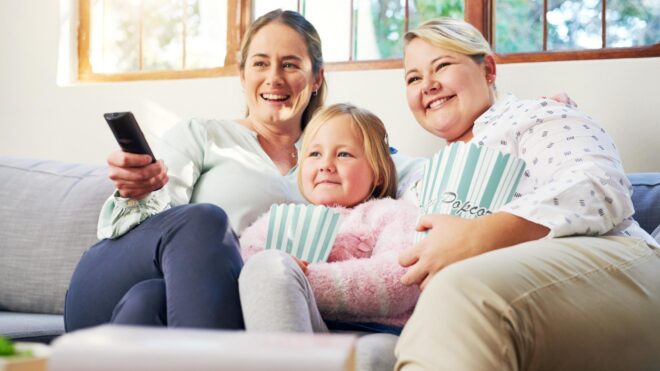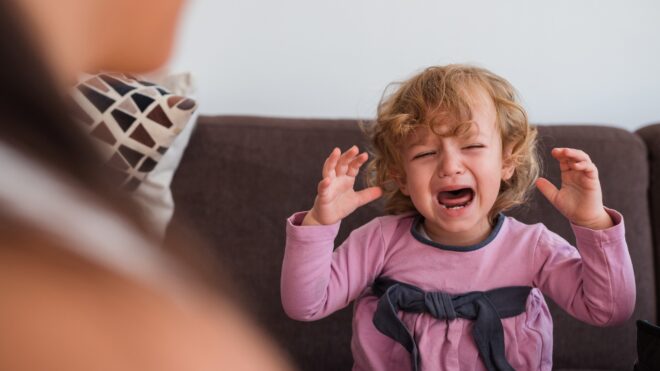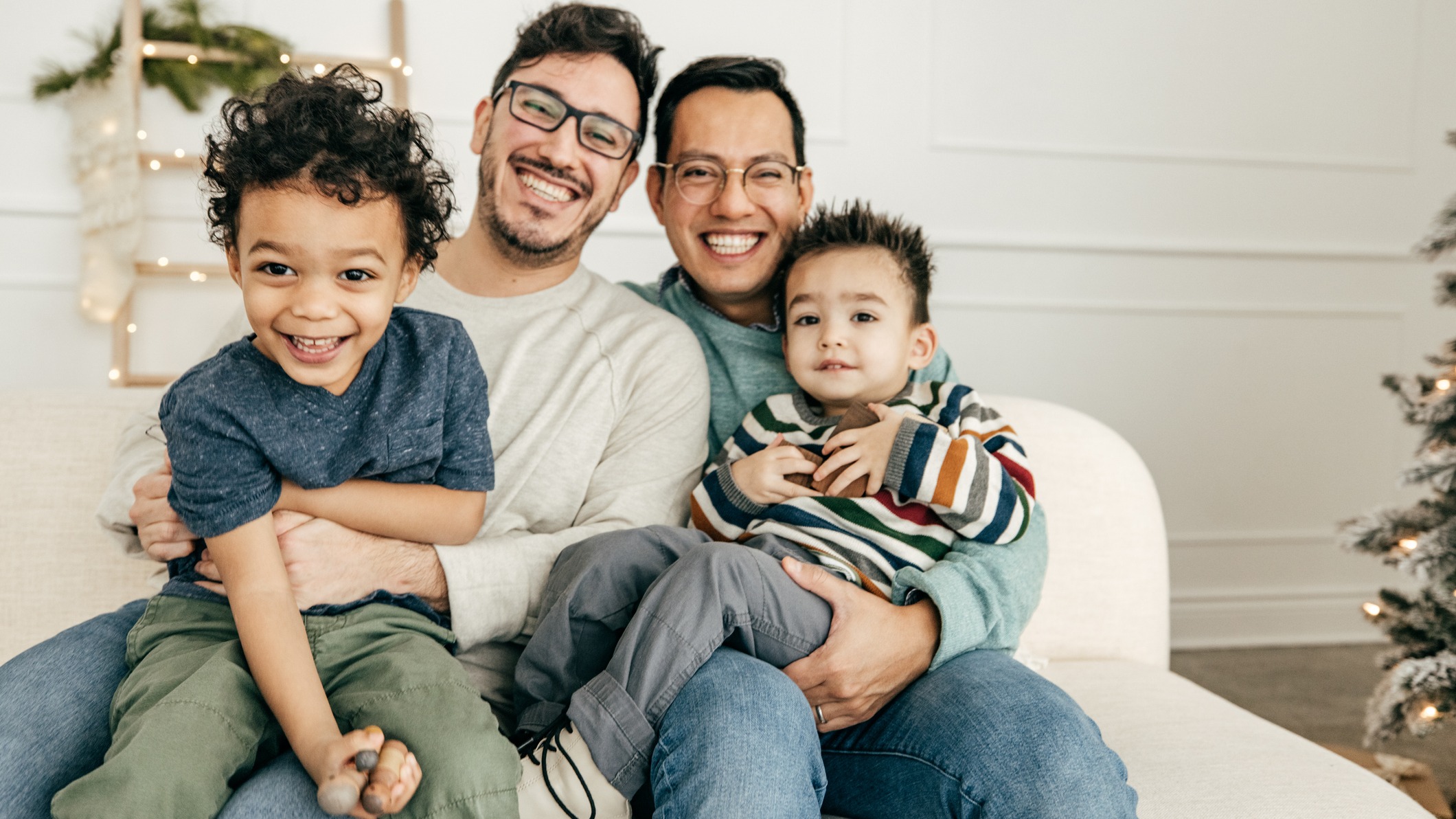
One of the most worrying aspects of adoption, for many parents, is the inevitable conversation they'll have to have with their children about where they came from. Telling them, and knowing when and where to tell them that they're adopted is a delicate matter. There will be a lot of elevated emotions, some of them upsetting, and it's difficult to know whether your relationship with your child will be changed for better or for worse.
However, there are certain steps you can take to make sure your children feel loved, wanted, and respected while telling them the story of their adoption.
How you tell them and what comes after will vary from family to family, and depend heavily on whether the biological family is abusive, still alive, or there are other sensitive circumstances. So how much information, contact, and detail you give your child is up to you.
More from LittleThings: One Foster Family Walks Us Through Their Entire Adoption Journey From Beginning To End
But aside from that…
Time the conversation(s) well.
As we discussed in our article on preparing a child for a grandparent's death, it's generally better to avoid one sudden, dramatic bombshell about the situation. Feeding them information about their origins from a young age will help ease any shock later on.
Aside from that, if the time comes for a sit-down to share the truth, make sure they are in a good place emotionally, mentally, and physiologically. Not after they come home from school stressed out, with a cold, after an argument with their bestie. But also maybe don't interrupt their birthday party either, as many kids won't take too kindly to the news. They may feel lied to, and like you're trying to hurt them with the truth.
Use age-appropriate language and visual aids.
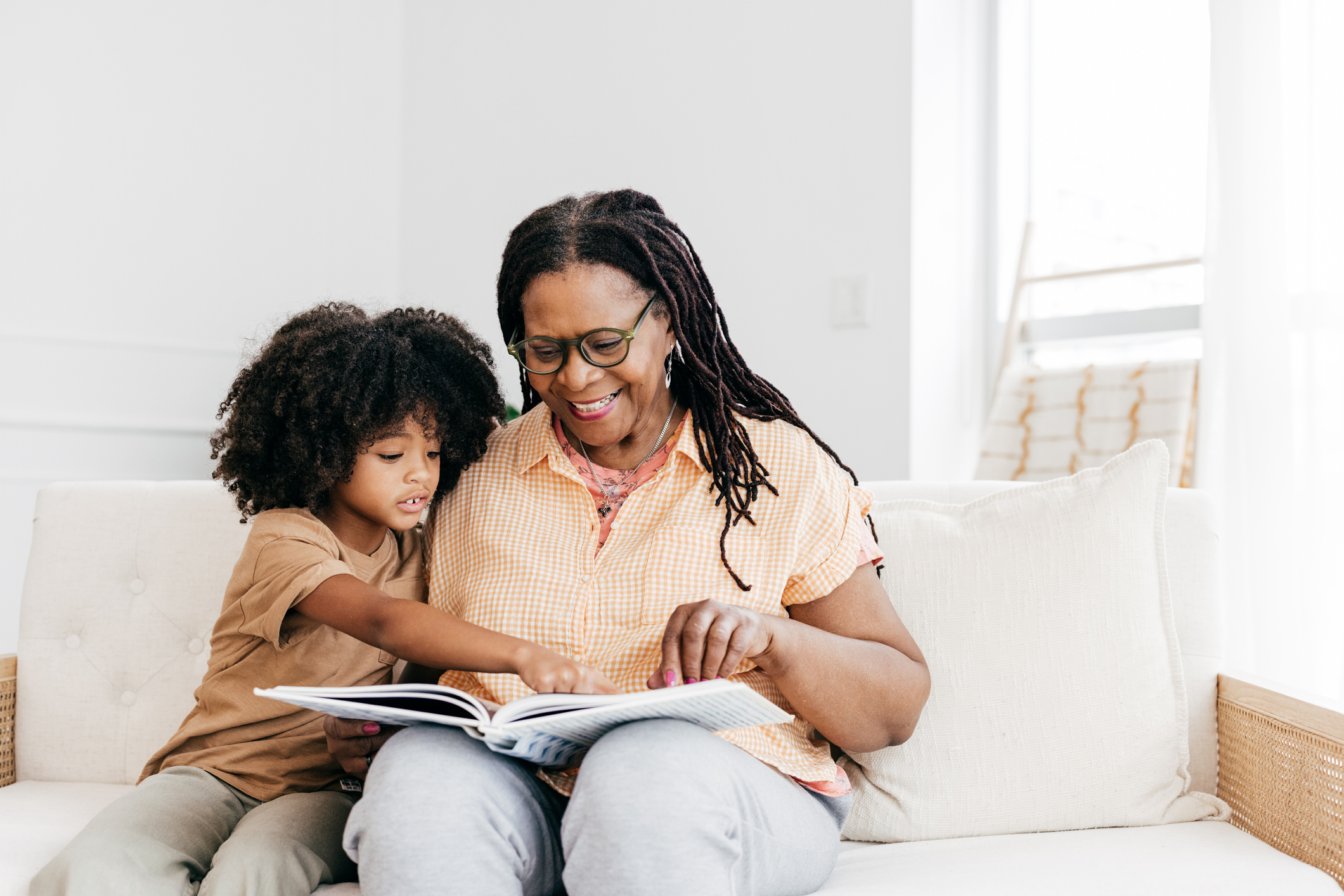
Keep thorough records of where your child came from, from the technical stuff such as adoption forms, a copy of their birth certificate and medical history, to more emotional ties, such as photos of the biological family, and details of their life. Obviously, the latter may not be necessary if a) you weren't given this information, and/or b) if the child came from an abusive family. Though kids always deserve to know where they came from, if you and the child are in danger, there's no reason to keep in contact with that danger or be reminded of traumatic times.
Depending on how old your child is, the straightforward truth may be too confusing for them. Many adoptive parents use the role-playing technique to tell their young child their story, by showing the child a scrapbook of their adoptive journey as they tell a story-book version of the adoption. Children learn a lot from storytelling, even if the story is pure fantasy, so when the story is the truth, and if it’s told in a positive and exciting way, they’ll remember it more.
Encourage curiosity and questions.
Be an open book for your child, even if it comes to re-living painful memories, otherwise they may feel disrespected and lied to if you refuse to answer their questions. If you have chosen to regularly discuss the adoption as they age, pick a time and place to regularly ask them if they have any questions — if they want to, that is. Let them know that curiosity is OK and that it’s not a betrayal of you, as some kids may feel guilty about wanting to know more about their biological family, or even wanting to meet them if they haven’t already.
This is also where keeping thorough records comes in handy because it means you don’t have to memorize anything if you have it all written down. Let them know they can look at photos, documents, or letters any time they want, and that you can view them all as a family. There are many resources online to help you navigate the questions they’ll have, as many kids will have similar confusions, emotions, and reactions.
Explain why you chose them.
A big difference between adoption and biological birth is that the latter can be accidental, but the former is always a deliberate choice. You don’t just go to a baby store and pick up any kid you want — there are specific and detailed checks you need to go through in order to be deemed caring and safe enough to be a parent. It’s a tough test that not everyone passes, and not always due to fault of their own.
Letting your child know why you went through that process, and why you chose them specifically, will help them understand why things turned out the way they did. Tell them the emotions you went through while deciding to have kids this way, and how happy you were when you took them home. Let them see part of the story they may not have been old enough to experience, and why the best place for them is with you.
Respect and validate their emotions.
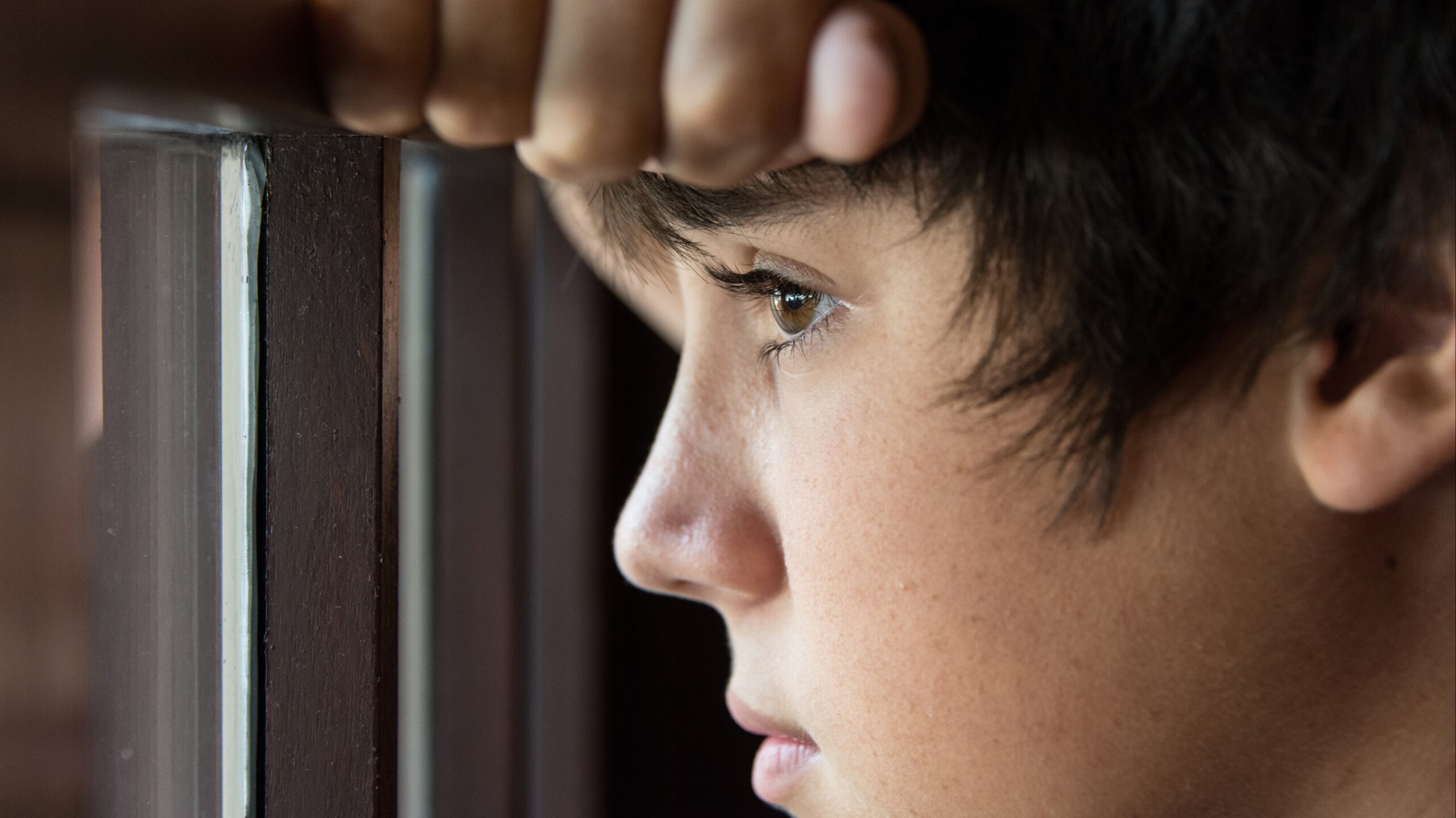
No matter how painful any questions or inclinations to meet their biological parents are, know it's not about you. Even if they start yelling about wanting their “real” parents, it's just the confusing emotions talking.
Generally, kids who find out on their own are usually prone to a difficult reaction and feel betrayed by not being let in on the secret. If this happens, the last thing they need is to be berated for being angry or loud. Obviously, there’s nuance here when the biological parents are dangerous, of course, but if hiding the truth comes from a place of pride … yeah, they deserve to be angry for a while. Let them cry, then answer their questions as best you can, and ask them to share how they feel in words — verbally or on paper — so you can go through each point.


